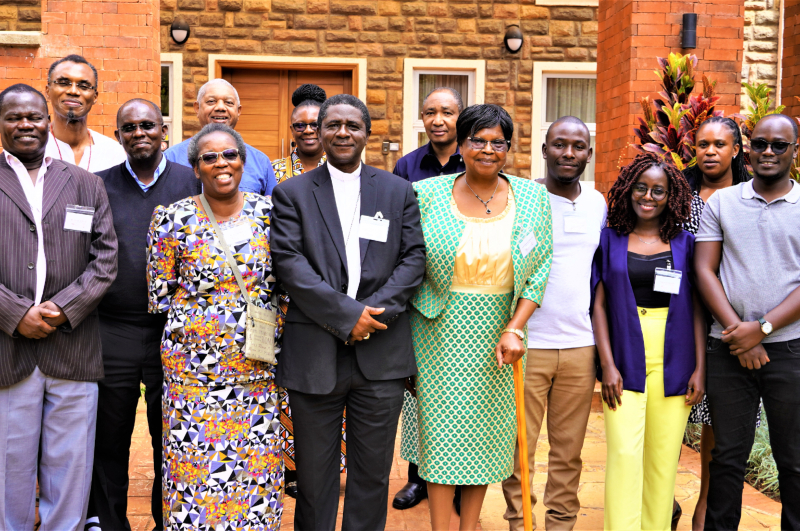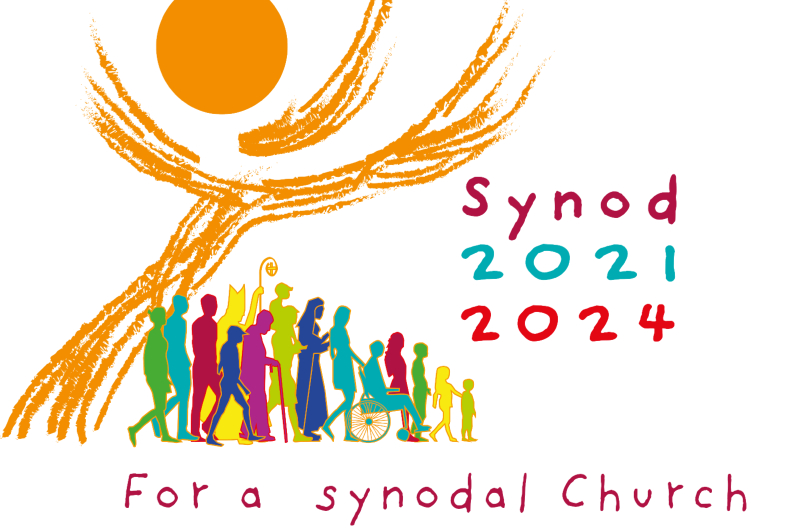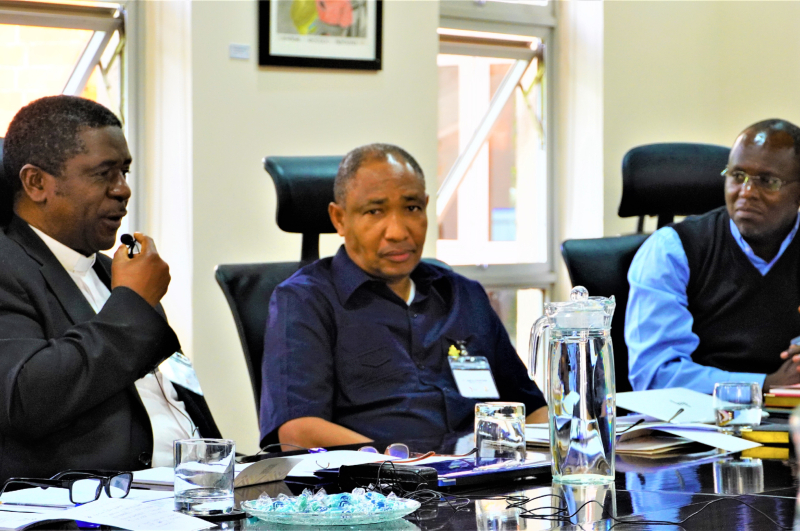

When Catholic Bishops and Priests in Cameroon heard about the Synod on Synodality, which Pope Francis launched in October 2021, some of them flatly opposed it.
The International Theological Commission in 2018 defined Synodality as “the action of the Spirit in the communion of the Body of Christ and in the missionary journey of the People of God.”
Those who did not want anything to do with the Synod on Synodality said that Cameroon had “more important” issues to talk about, including the Anglophone crisis and the country’s economic crisis that had resulted from the violence in the country’s English-speaking region.
In a Wednesday, March 15 interview with ACI Africa, Archbishop Andrew Nkea Fuanya of the Catholic Archdiocese of Bamenda in Cameroon said that some members of Clergy in the Central African nation saw the Synod on Synodality as “an abstract topic”, and that it had taken continuous training of the Clergy to create a significant understanding of a Synodal Church in the country.
“When Pope Francis launched the Synod on Synodality, the first thing that the Bishops in Cameroon did was to ask about its relevance. They said that Cameroon was facing more serious issues and couldn't afford to waste time on a topic they said was abstract,” Archbishop Nkea said.
He added, “We had to make formation on synod on Synodality compulsory for the Clergy to create a clear understanding around it. It was only later that they began to understand its relevance.”
Members of the Clergy, the Archbishop of Bamenda said, also struggled to see how the Laity would be involved in the decision-making processes of the Church.
The concept of listening, communion and participation was alien to the Church which had, for long, been clerical in nature, he said referencing the theme of the Synod on Synodality that entails answers to: How does our church community form people to be more capable of “walking together,” listening to one another, participating in mission, and engaging in dialogue?
Read full article on the ACI Africa website {HERE}
Related Articles
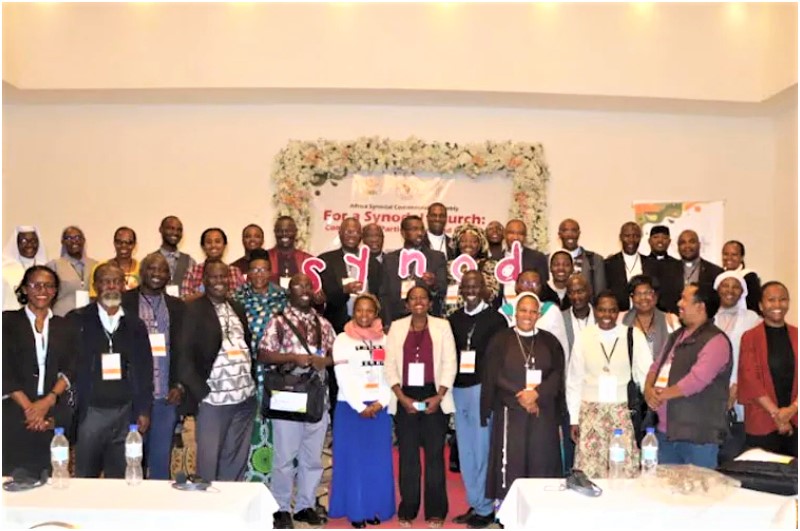
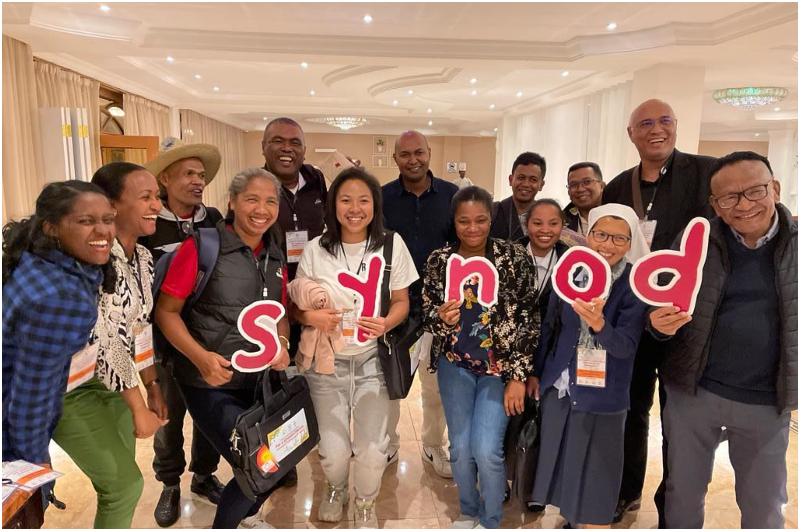
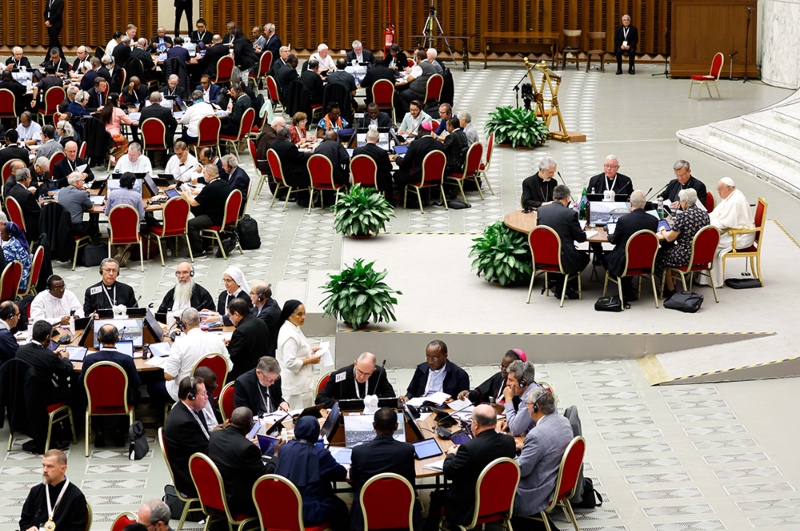
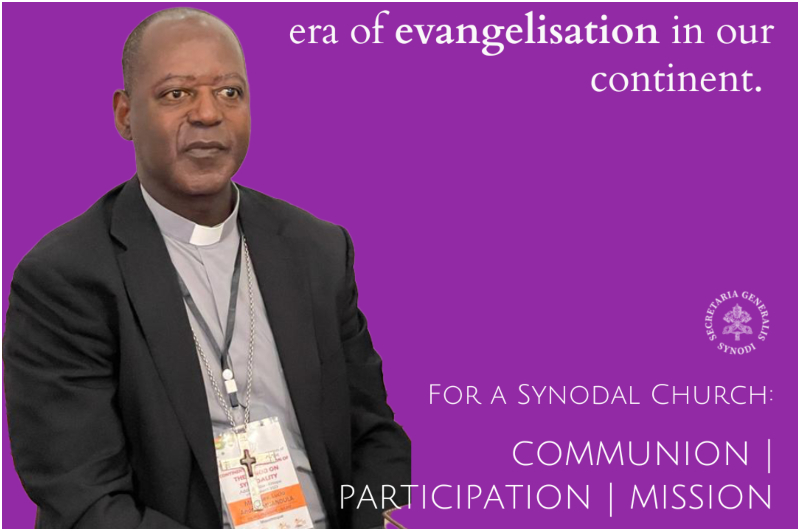
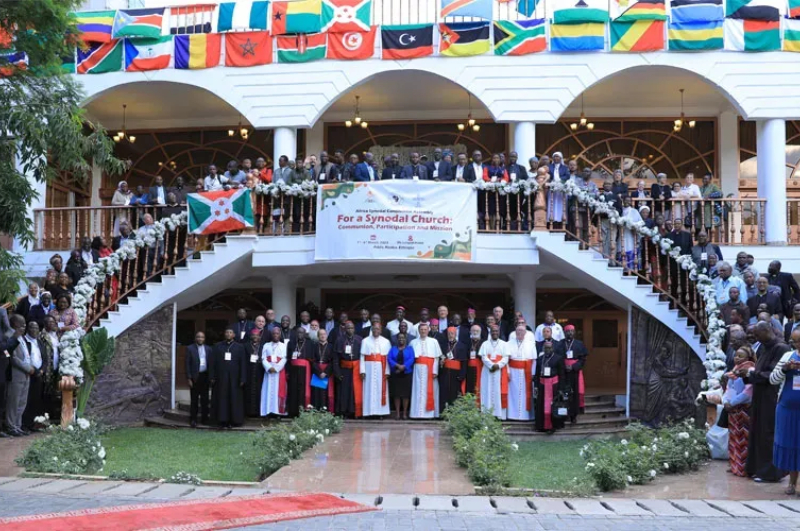
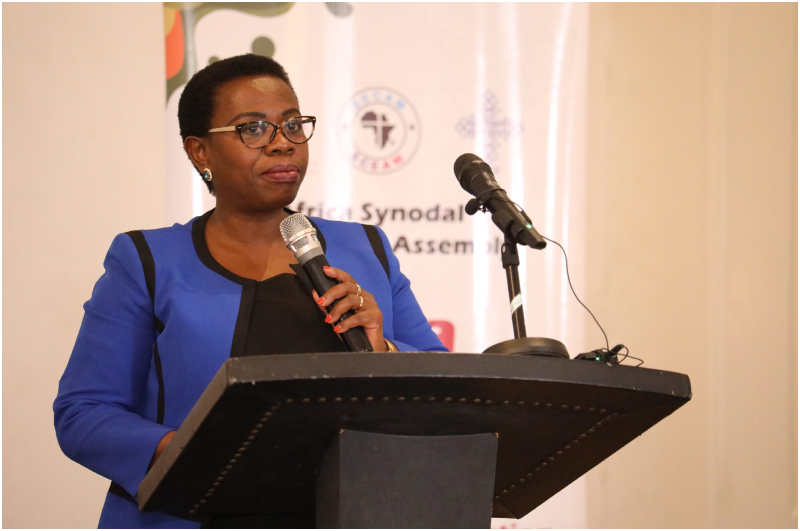
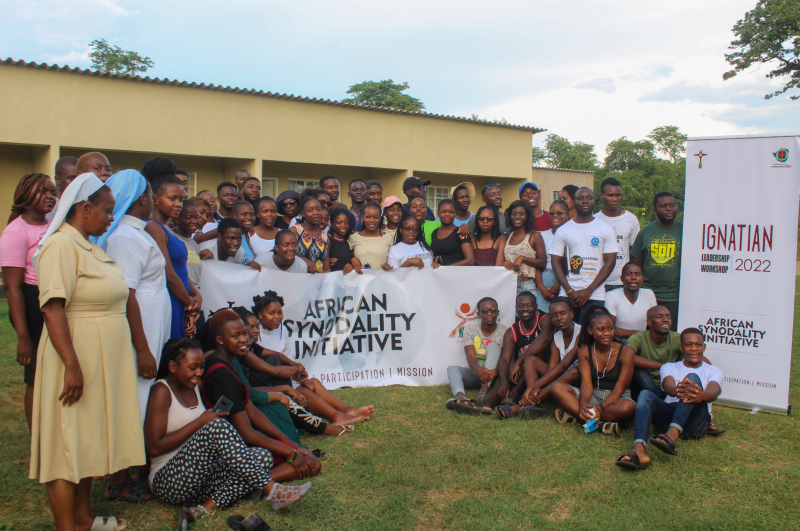
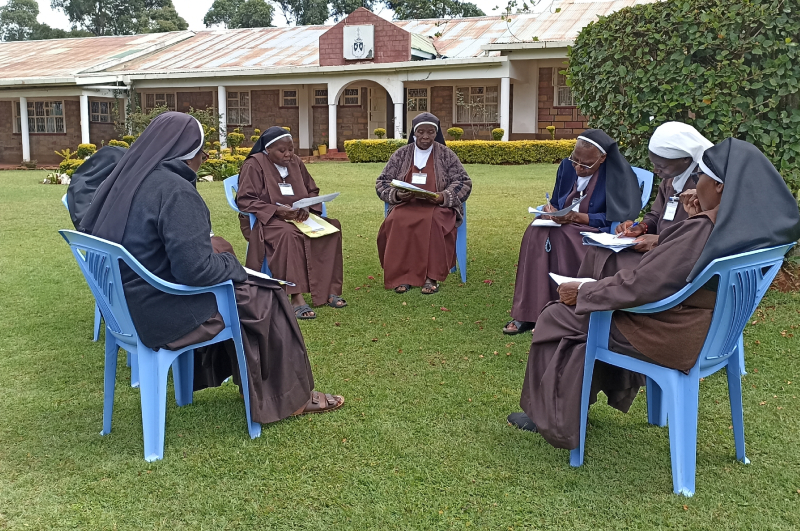
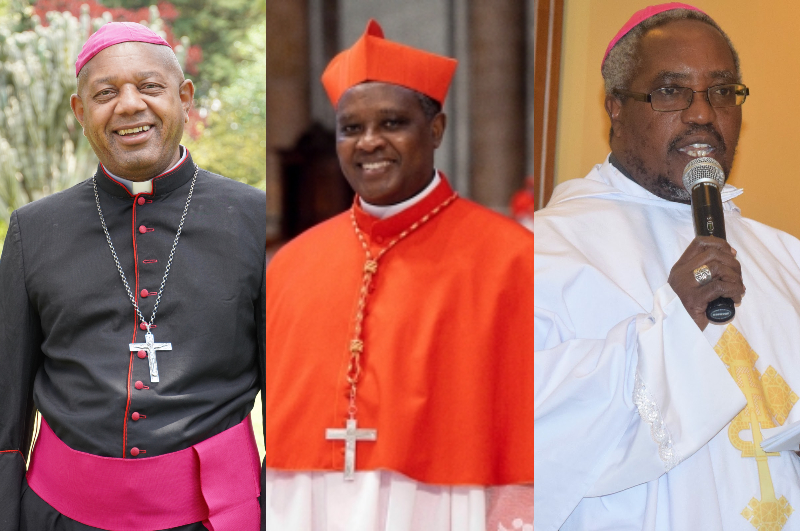
Select Payment Method
Pay by bank transfer
If you wish to make a donation by direct bank transfer please contact Fr Paul Hamill SJ treasurer@jesuits.africa. Fr Paul will get in touch with you about the best method of transfer for you and share account details with you. Donations can be one-off gifts or of any frequency; for example, you might wish to become a regular monthly donor of small amounts; that sort of reliable income can allow for very welcome forward planning in the development of the Society’s works in Africa and Madagascar.
Often it is easier to send a donation to an office within your own country and Fr Paul can advise on how that might be done. In some countries this kind of giving can also be recognised for tax relief and the necessary receipts will be issued.


